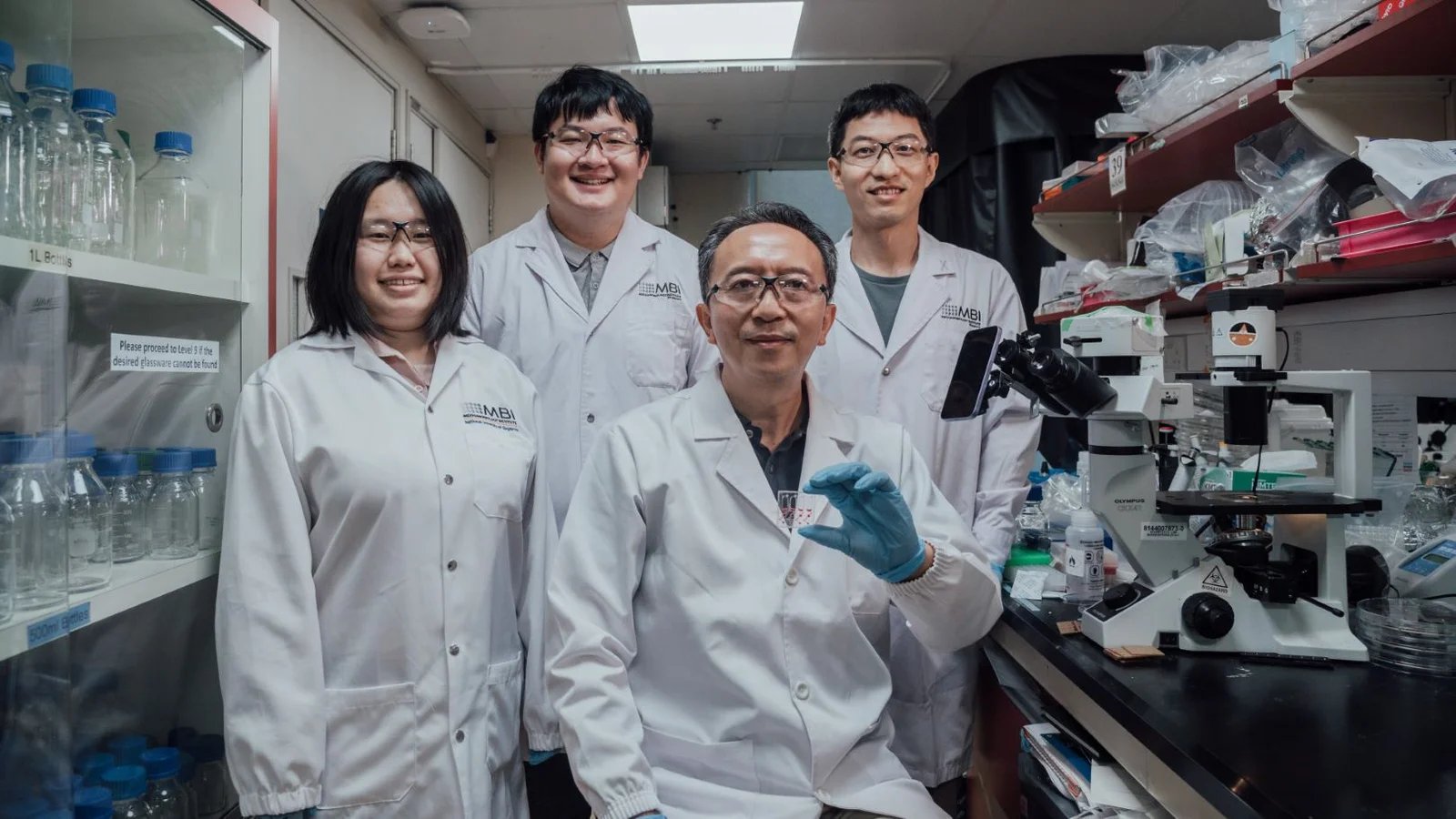
Image Source : Public Domain
The MBI aims to convert scientific breakthroughs into tangible applications by developing innovative technologies and therapeutic targets. This initiative is expected to contribute significantly to the global understanding of mechanobiology while bolstering Singapore's position as a leading hub for advanced biomedical research.
The NRF funding will not only support groundbreaking research but also attract top-tier talent and investment in deep tech, aligning with Singapore's strategic focus on the biotech sector. This strategic investment is poised to drive advancements in healthcare outcomes and foster economic growth.
Over the next seven years, the MBI plans to use the NRF funding to further its education and talent development efforts. The MBI Graduate Programme will train approximately 20 PhD students in interdisciplinary science, and a novel post-doctoral fellow training programme will be instituted to identify and nurture promising scientists for conducting basic and translational research across various research thrusts.
The overarching goals for technology transfer encompass identifying mechanomedicine targets, developing new technology platforms, creating prototypes for diagnostic assays, filing patents for promising technologies, and fostering a dynamic ecosystem for discovery, innovation, and commercialization. This multifaceted approach underscores the MBI's commitment to pushing the boundaries of mechanobiology research and translating these findings into real-world solutions.